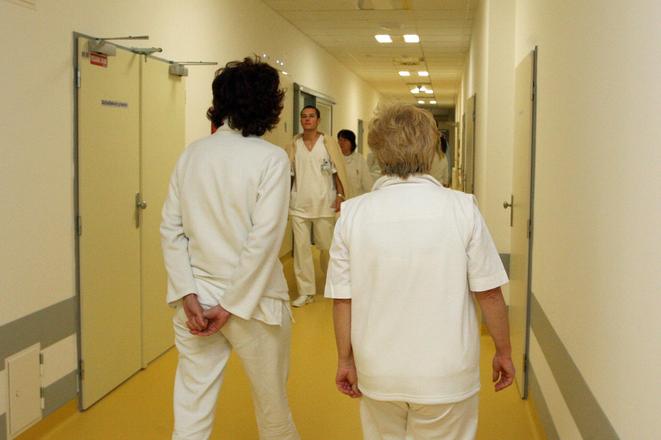In an interview with my favourite magazine “Respekt”, the Czech writer Radka Denemarkova was annoyed that in this part of the world people are so quick to ask “Where are you from?” instead of “Who are you?”
It gave me food for thought since I have become allergic to the division of foreigners in EU citizens and “third countries nationals.” “Where are you from” defines you from the very beginning and after this initial selection “who you are” might matter less. The strangest of situations is when “where are you from” plays an important role in your access to integration programmes.
If you are an EU citizen (or one of Iceland, Norway, Switzerland and Lichtenstein) you have an easier life when it comes to immigration paperwork for working, studying or doing business in Slovakia than if you come from a country outside the Union. But then all other programmes for the integration of foreigners in Slovakia (with very few exceptions) are designed for “third country nationals” only as if the others have priori no needs in this respect.
There is even a plan of the Health Ministry to create guidelines for providing healthcare to foreigners living in Slovakia. Access to healthcare has an obvious impact on the integration of migrants. It started with a (poorly performed) “survey” and a conference…..to assess the needs of “third country nationals.” Why only this group? I did not get an answer from those involved.
Now, when I was a third country national before Romania joined the EU in 2007, I had to pass the medical examination required by the Slovak Foreigners' Police with all the tragicomic situations it involved. It is still compulsory today and in Bratislava it is still done at the “Polyclinic of Exotic Diseases” in Americke Square, which at least now has a website in English. Not that you learn too much from the provided information.
Back then, my favourite part was the eye exam - reading out letters and numbers from a poster on the wall. Given the language barrier between us and the healthcare personnel, the results must have been very accurate as you can imagine. To this day I haven’t understood what impact short or long-sightedness can have on assessing someone’s application for a residence permit in Slovakia.
There is also a part dedicated to communicable diseases. Why do only third-country nationals have to undergo a check for communicable disease when viruses and bacteria can travel freely across borders in the body of Slovaks or EU citizens returning from holidays? With anti-vaccination campaigns gaining strength in many EU member states, the risk of acquiring and spreading measles after a holiday in Italy may be higher than getting it from a Ukrainian worker in Košice.
I am not a public health expert but I am a foreigner in this country and I know something about communication in healthcare. I know how little current and future doctors and nurses learn about communication in general in Slovakia. The multicultural aspect of communication with patients is absent from their training. It’s not only about being able to use a foreign language to talk to that person. It’s about being interested in “Who you are”- and respecting it- rather than “Where are you from.”
While discussing this topic with one of those involved in preparing those guidelines, I commented that it’s not about the language. My gastroenterologist would try to even communicate with a Martian if any would enter her office by chance.
“What for? It obviously has a different digestive system so she could not provide any healthcare services to this Martian”- came the quick answer. I was struck by that answer until a few days later one colleague commented: “Be glad that you did not get the answer that she should have first asked the Martian 'kartička poistenca, prosim”’- Show me your health insurance card, please!
I guess it was my fault - I jumped too quickly to third planet nationals.
Anca Dragu is a journalist with Radio Slovakia International, which is available in Bratislava in English on 98.9 FM at 6:30pm and 8:30pm and at www.rsi.sk. The opinions expressed in this blog are her own.



 (source: Sme)
(source: Sme)